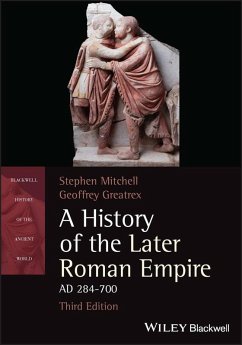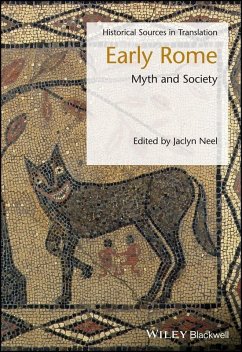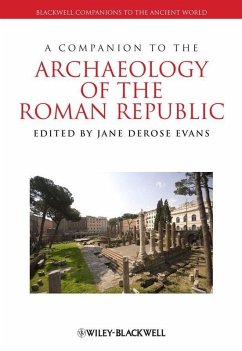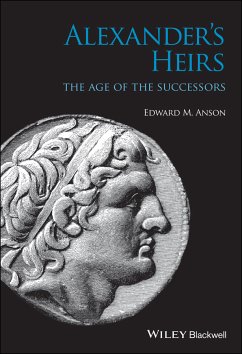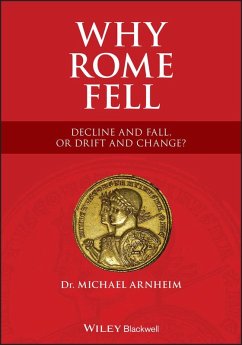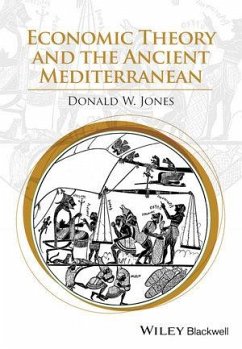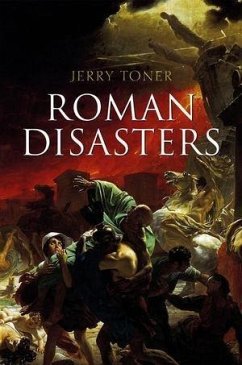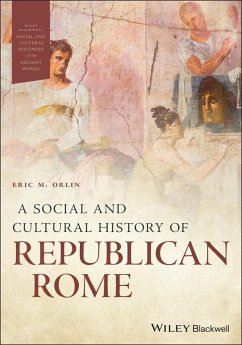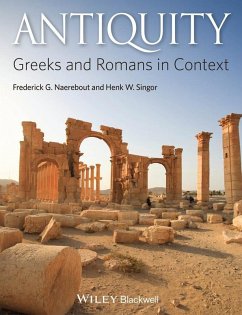
Rome Enters the Greek East (eBook, ePUB)
From Anarchy to Hierarchy in the Hellenistic Mediterranean, 230-170 BC
Versandkostenfrei!
Sofort per Download lieferbar
40,99 €
inkl. MwSt.
Weitere Ausgaben:

PAYBACK Punkte
0 °P sammeln!
This volume examines the period from Rome's earliest involvement in the eastern Mediterranean to the establishment of Roman geopolitical dominance over all the Greek states from the Adriatic Sea to Syria by the 180s BC. Applies modern political theory to ancient Mediterranean history, taking a Realist approach to its analysis of Roman involvement in the Greek Mediterranean Focuses on the harsh nature of interactions among states under conditions of anarchy while examining the conduct of both Rome and Greek states during the period, and focuses on what the concepts of modern political science ...
This volume examines the period from Rome's earliest involvement in the eastern Mediterranean to the establishment of Roman geopolitical dominance over all the Greek states from the Adriatic Sea to Syria by the 180s BC.
- Applies modern political theory to ancient Mediterranean history, taking a Realist approach to its analysis of Roman involvement in the Greek Mediterranean
- Focuses on the harsh nature of interactions among states under conditions of anarchy while examining the conduct of both Rome and Greek states during the period, and focuses on what the concepts of modern political science can tell us about ancient international relations
- Includes detailed discussion of the crisis that convulsed the Greek world in the last decade of the third century BC
- Provides a balanced portrait of Roman militarism and imperialism in the Hellenistic world
Dieser Download kann aus rechtlichen Gründen nur mit Rechnungsadresse in D ausgeliefert werden.



